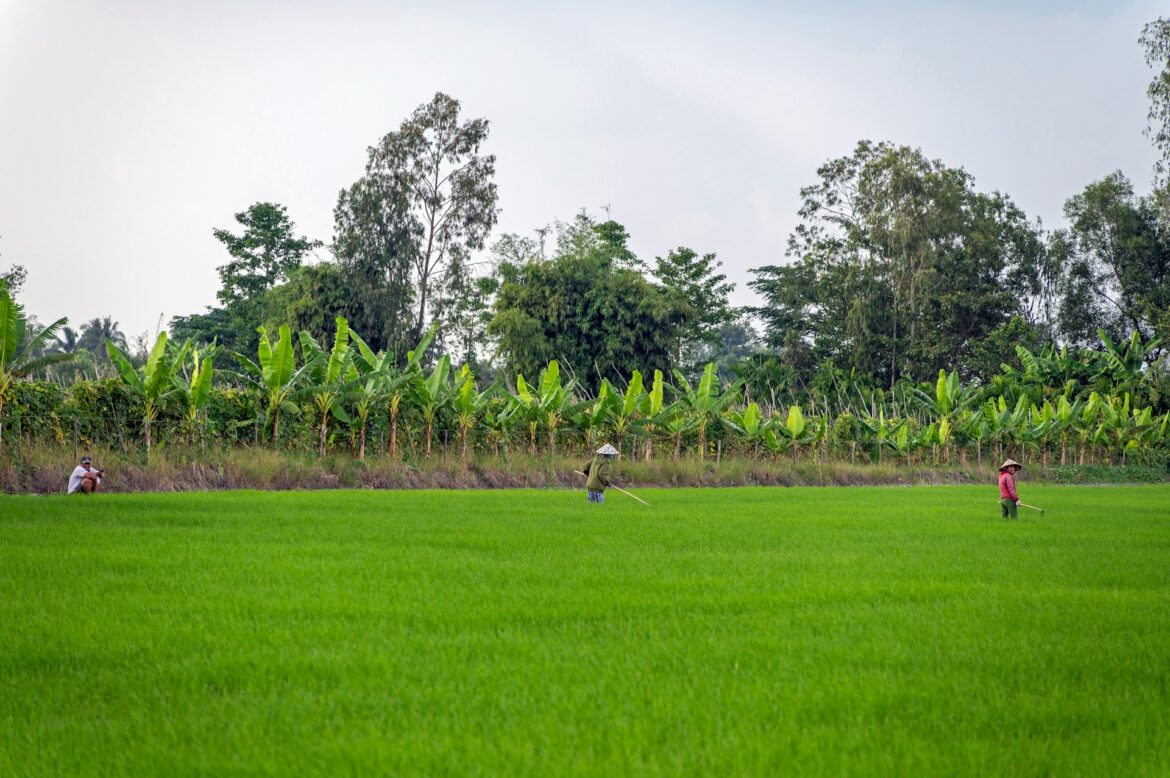A seminar focused on enhancing Bangladesh’s food security was recently held in Canada, bringing together stakeholders, researchers, and policymakers to explore strategies for sustainable agriculture and nutrition. The event served as a platform to discuss how international collaboration can help ensure long-term food access for the people of Bangladesh. Participants discussed climate resilience, smart agriculture practices, and innovation in food systems. They emphasized the importance of investing in modern farming technologies, improving supply chains, and strengthening rural livelihoods. The seminar highlighted Bangladesh’s ongoing efforts to reduce hunger and malnutrition while adapting to changing climate conditions. One of the key messages from the seminar was the need for knowledge-sharing between countries. As Bangladesh works to modernize its agriculture sector, international cooperation can accelerate progress in areas such as crop diversification, irrigation efficiency, and post-harvest management. Such support can also help build stronger food distribution networks, particularly in remote or vulnerable communities. The event also addressed challenges like soil degradation, unpredictable weather, and rising food prices. Experts called for scaling up research-based solutions and promoting climate-smart farming that conserves water and soil while increasing productivity. They also encouraged capacity-building programs that empower farmers—especially women and youth—with technical skills and tools to make their farms more resilient. Food security is a priority in Bangladesh’s national development plans. The government has taken steps to expand agricultural training, introduce high-yield crop varieties, and invest in storage and distribution infrastructure. International seminars like this provide valuable feedback and direction for implementing these plans more effectively. Attendees noted the value of public-private partnerships in strengthening food systems. Collaboration between governments, development organizations, and private-sector actors was cited as key to creating a more inclusive and efficient agricultural economy. Such partnerships can help bridge gaps in funding, research, and technology transfer. The seminar concluded with a call to maintain momentum in addressing food security challenges through practical, inclusive, and forward-looking solutions. Participants expressed optimism about Bangladesh’s potential to build a more robust and equitable food system with continued global engagement and local innovation. Events like this reinforce the importance of international friendship and support in addressing global issues such as food security. With consistent effort, shared expertise, and smart planning, Bangladesh is better positioned to meet the nutritional needs of its people and secure a healthier future.
Canada Hosts Seminar to Support Bangladesh’s Food Security Goals
44


